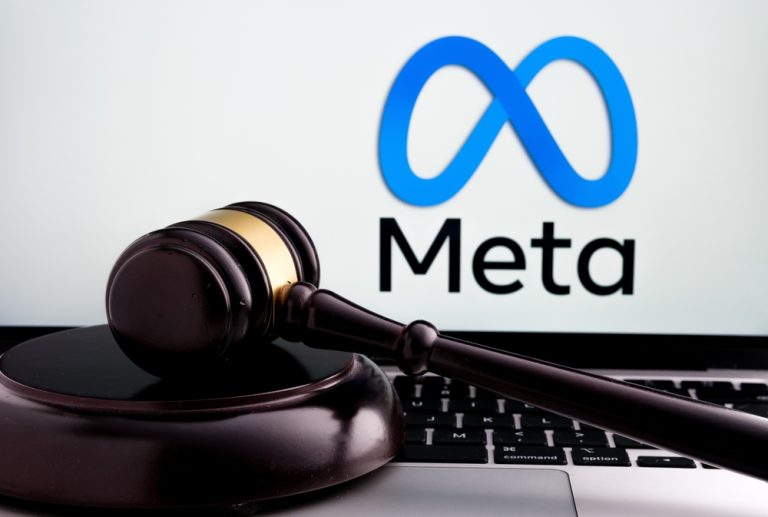Former U.S. President Donald Trump has initiated a legal challenge to have criminal charges against him dismissed, stemming from accusations of mishandling classified U.S. national security documents. In a significant legal move on Thursday, Trump’s defence team requested a federal judge to drop the charges, alleging the illicit retention of sensitive information post-presidency. The defence argues that the prosecution’s basis is legally unsound and clashes with existing U.S. laws regarding presidential records.
Trump’s legal representatives contend that the appointment of Special Counsel Jack Smith, spearheading the prosecution, was improper. They further argue that the central accusation in the case needs to be more clearly defined, complicating Trump’s ability to mount a defence. In a bold assertion of presidential privilege, Trump maintains that his decisions during the final weeks of his tenure grant him immunity from the charges of unlawfully holding onto national security documents.
At the heart of the indictment is the allegation that Trump, after his presidency ended in 2021, illegally retained classified documents at his Mar-a-Lago resort in Florida. These documents reportedly contain sensitive information, including details about the U.S. nuclear arsenal and national security vulnerabilities. The indictment also accuses Trump of attempting to hide these documents from federal authorities, particularly after a grand jury subpoena was issued for their return.
Trump, who has entered a plea of not guilty to the 40-count indictment, also faces charges alongside his aide, Walt Nauta, and Mar-a-Lago property manager, Carlos de Oliveira, both of whom have also pleaded not guilty. The prosecution has dismissed Trump’s claim of presidential immunity as “frivolous,” emphasizing that the indicted conduct occurred after Trump had vacated the White House. This legal stance was echoed by a U.S. appeals court in Washington, which recently rejected Trump’s immunity claim in a separate federal election case.
As the legal proceedings unfold, with a trial set to commence in May—subject to potential delays sought by Trump—a March 1 hearing will deliberate on the trial’s scheduling. Trump’s legal team hints at further attempts to dismiss the case, alleging selective prosecution and investigative misconduct. The outcome of these legal maneuvers remains uncertain as the court reviews whether certain information in the filings should remain confidential.
Trump’s legal battle over the classified documents charges underscores the complex interplay between presidential privileges and accountability. As the case progresses, it tests the boundaries of U.S. legal principles and holds significant implications for the doctrine of presidential immunity and safeguarding national security information.






















